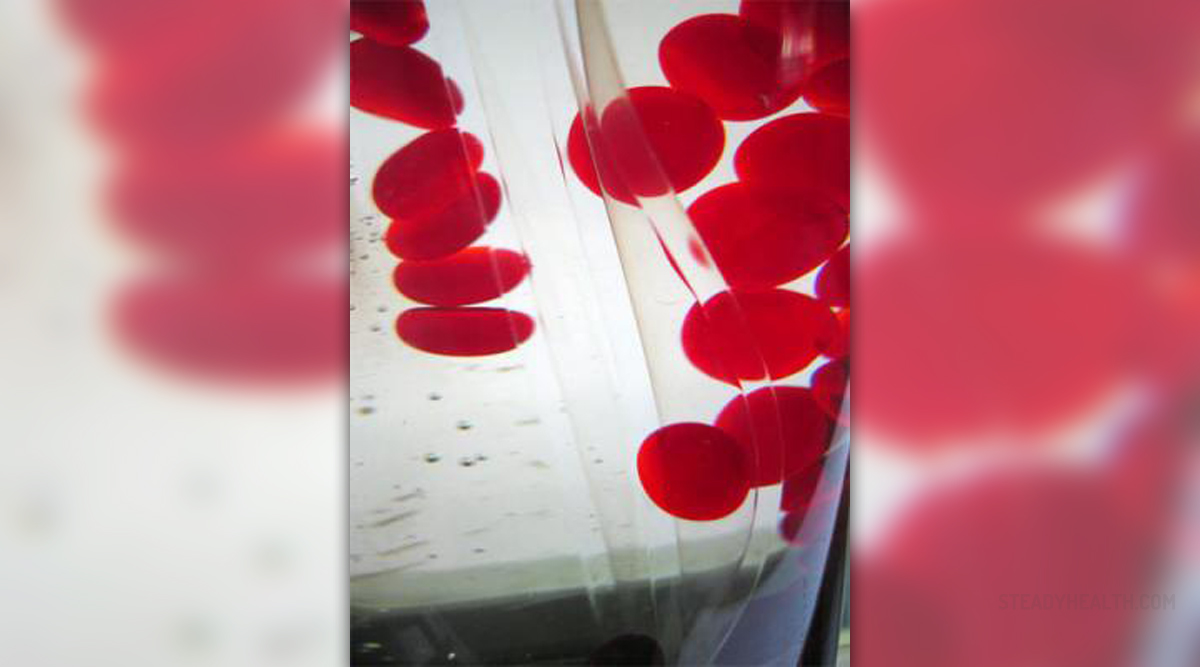
Red blood cells, also known as erythrocytes are only one type of blood cells. They are essential since they contain hemoglobin, a protein necessary for transfer of oxygen. Red blood cells actively participate in distribution of oxygen to each and every cell in the body. Once the number of red blood cells decreases below the determined number a person is considered to suffer from anemia.
Erythrocytes are normally produced in the bone marrow. They are released into the blood where they perform their duty. The approximate life span of an erythrocyte is 100-120 days. After that red blood cells are torn down and its components are either reused or eliminated from the body.
Low red blood cell can be associated with many conditions. It can occur due to improper production or due to increased destruction of functional and well-produced red blood cells. In some cases bone marrow produces abnormal red blood cells which simply do not live long enough or they cannot perform their duty properly. And finally, bleeding either acute or chronic eventually leads to the onset of anemia.
Low Red Blood Cell Count and Blood Loss
Low red blood cell count can be a consequence of bleeding. The person may lose plenty of blood immediately (severe trauma or injuries) or the loss of blood is slow and progressive (hemorrhoids, gastritis, cancer etc). In some women heavy menstrual bleeding may be associated with low red blood cell count.
Low Red Blood Cell Count and Faulty Red Blood Cell Production
The bone marrow may not function properly and produce insufficient number of red blood cells or it may produce sufficient number of red blood cells but they are abnormal in structure.
Abnormalities of structure are typical for sickle cell anemia and any kind of vitamin deficiency-associated anemia.
Bone marrow can be damaged due to chemotherapy, radiation or even if it is infiltrated by a tumor which interferes in a normal production of red blood cells and eventually leads to anemia. Exposure to certain toxins, drugs and heavy metals may damage the bone marrow and significantly affect its productivity.
Improper production of red blood cells is also evident in certain medical conditions such as advanced kidney disease, hypothyroidism and many more chronic diseases (cancer, infections, autoimmune diseases etc).
Low Red Blood Cell Count and Increased Destruction of Erythrocytes
Red blood cells may be fragile and susceptible to damage. This leads to premature destruction of red blood cells and the onset of hemolytic anemia. This type of anemia is either present at birth or it develops later in life. It can be connected with certain inherited conditions or it develops due to infections, intake of certain medications, due to contact with snake or spider venom and certain foods.
Increased destruction of red blood cells can be also associated with toxic products in advanced liver or kidney disease, vascular grafts, prosthetic heart valves, tumors, severe burns, chemical exposure etc. And finally, in some cases enlarged spleen captures red blood cells and destroys them.




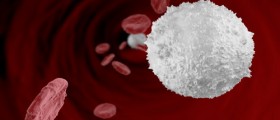


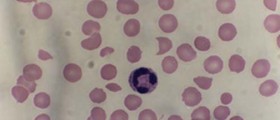



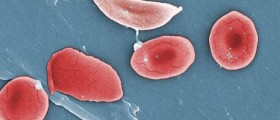


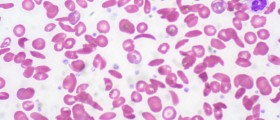
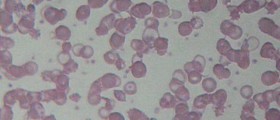
Your thoughts on this
Loading...